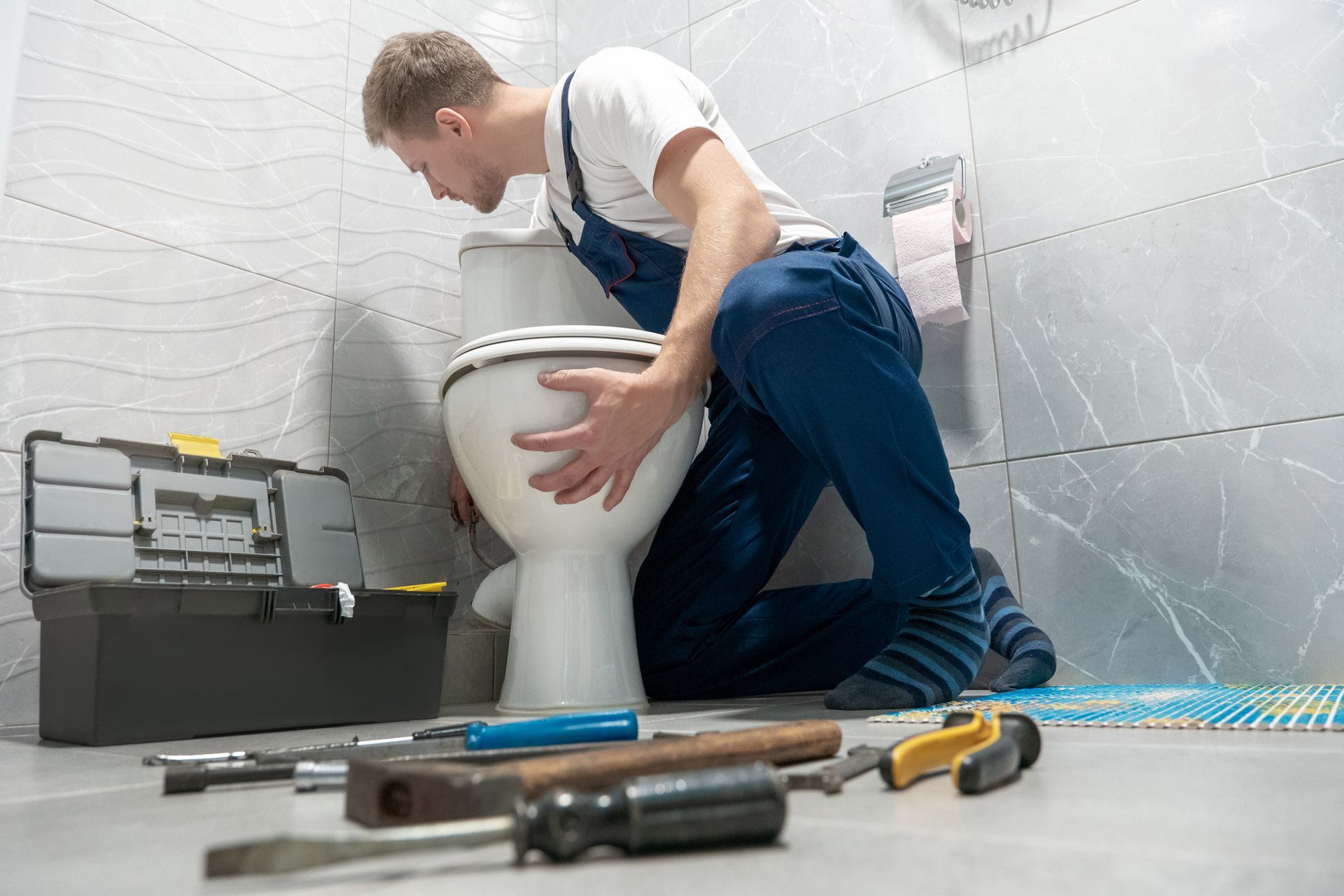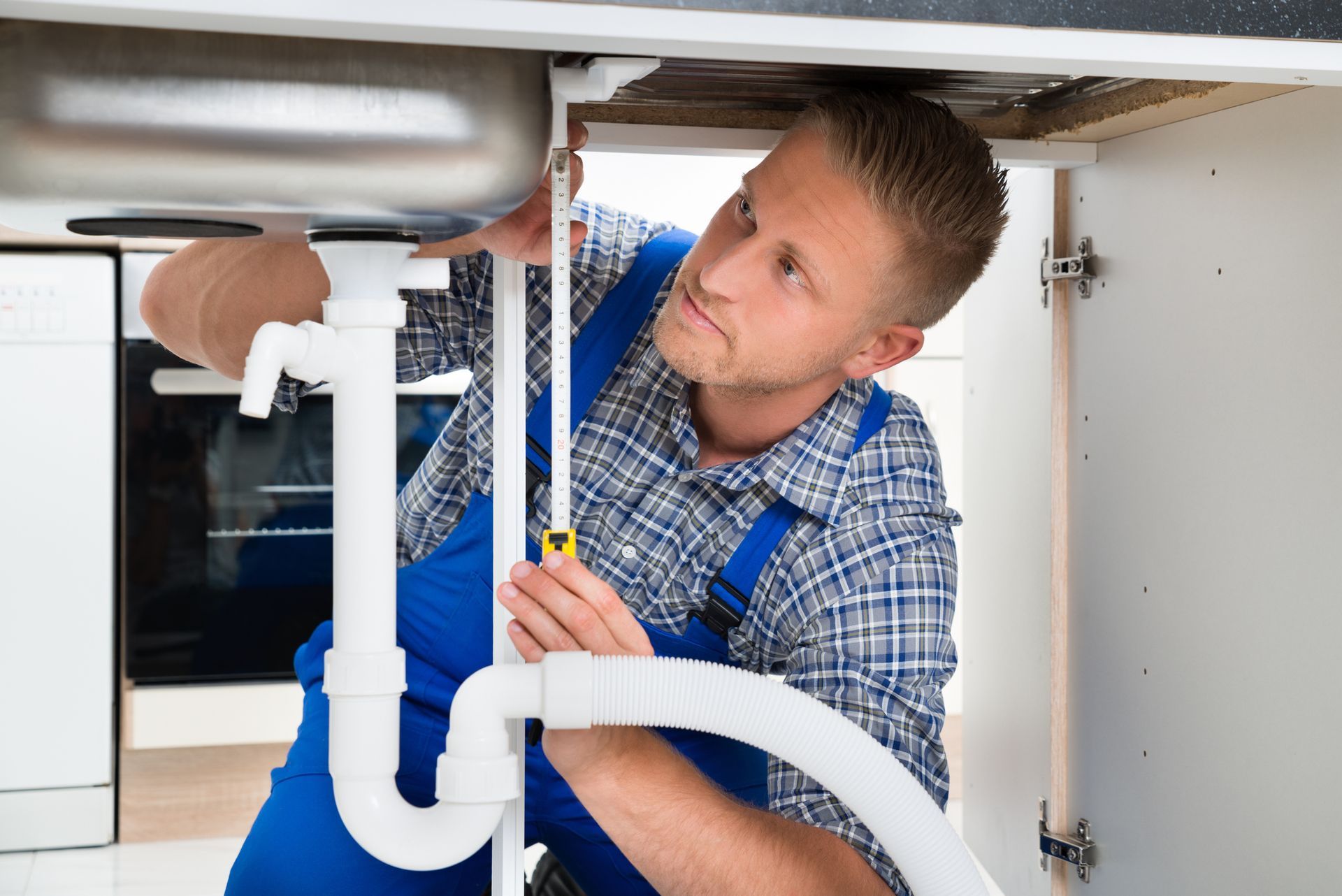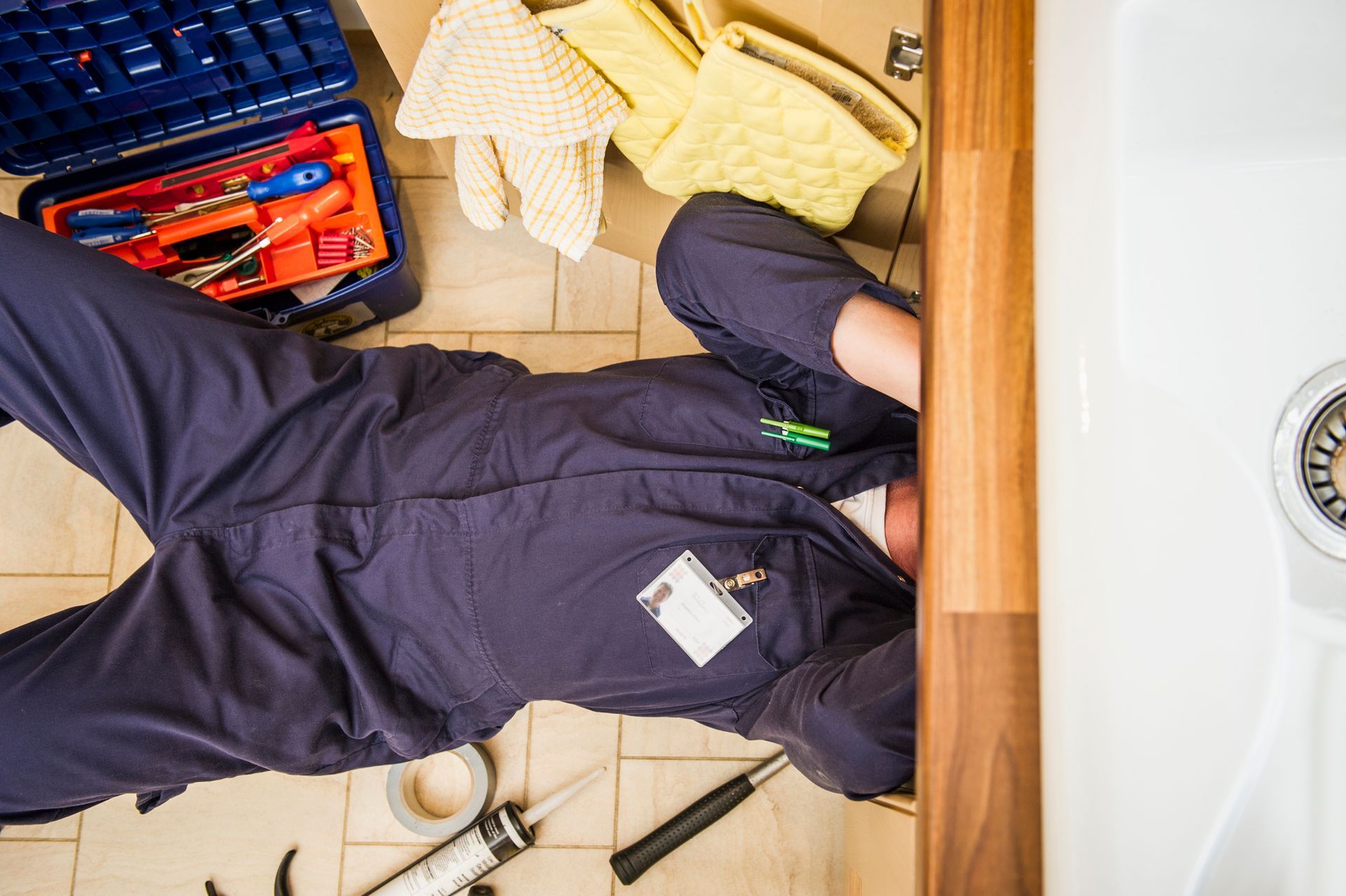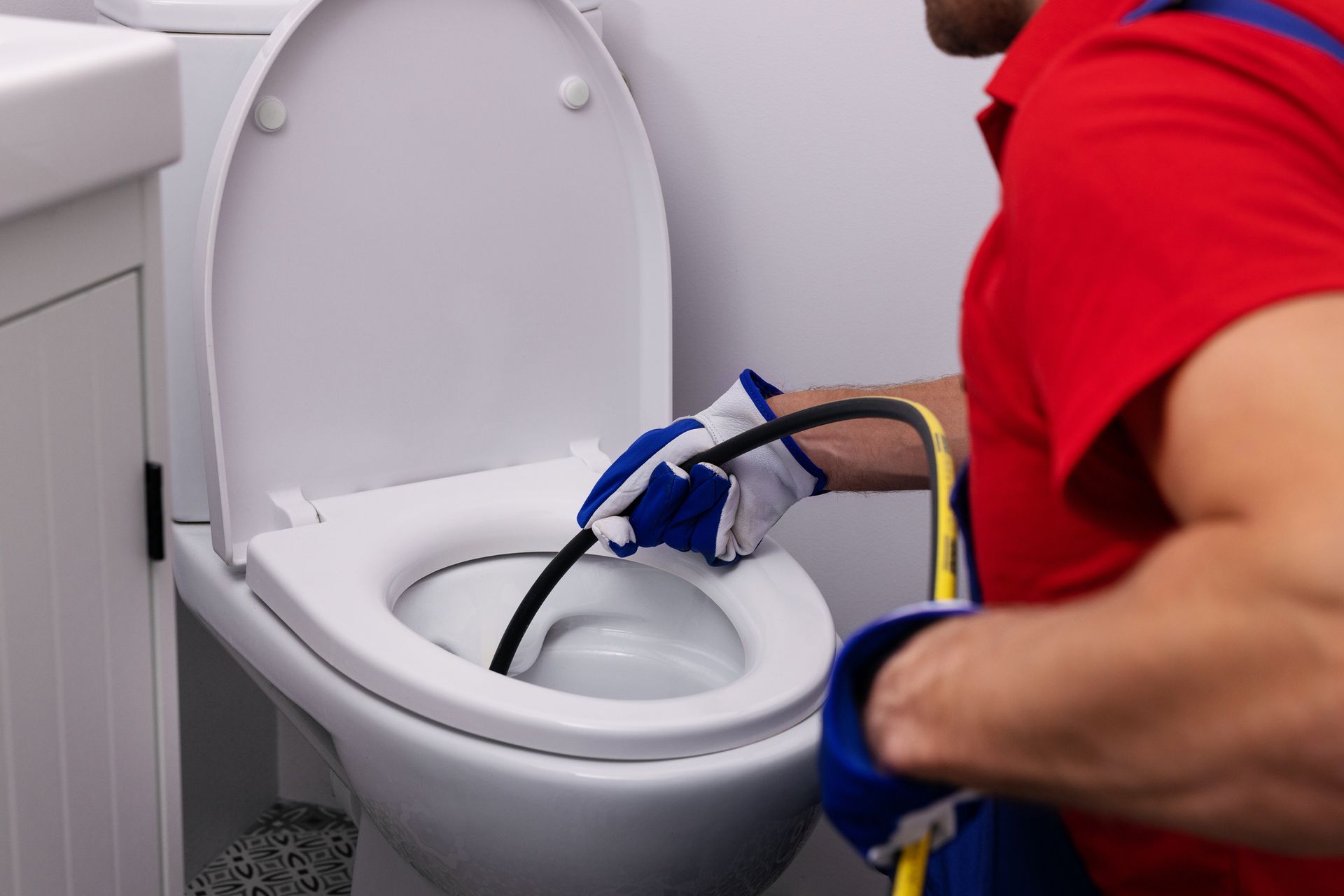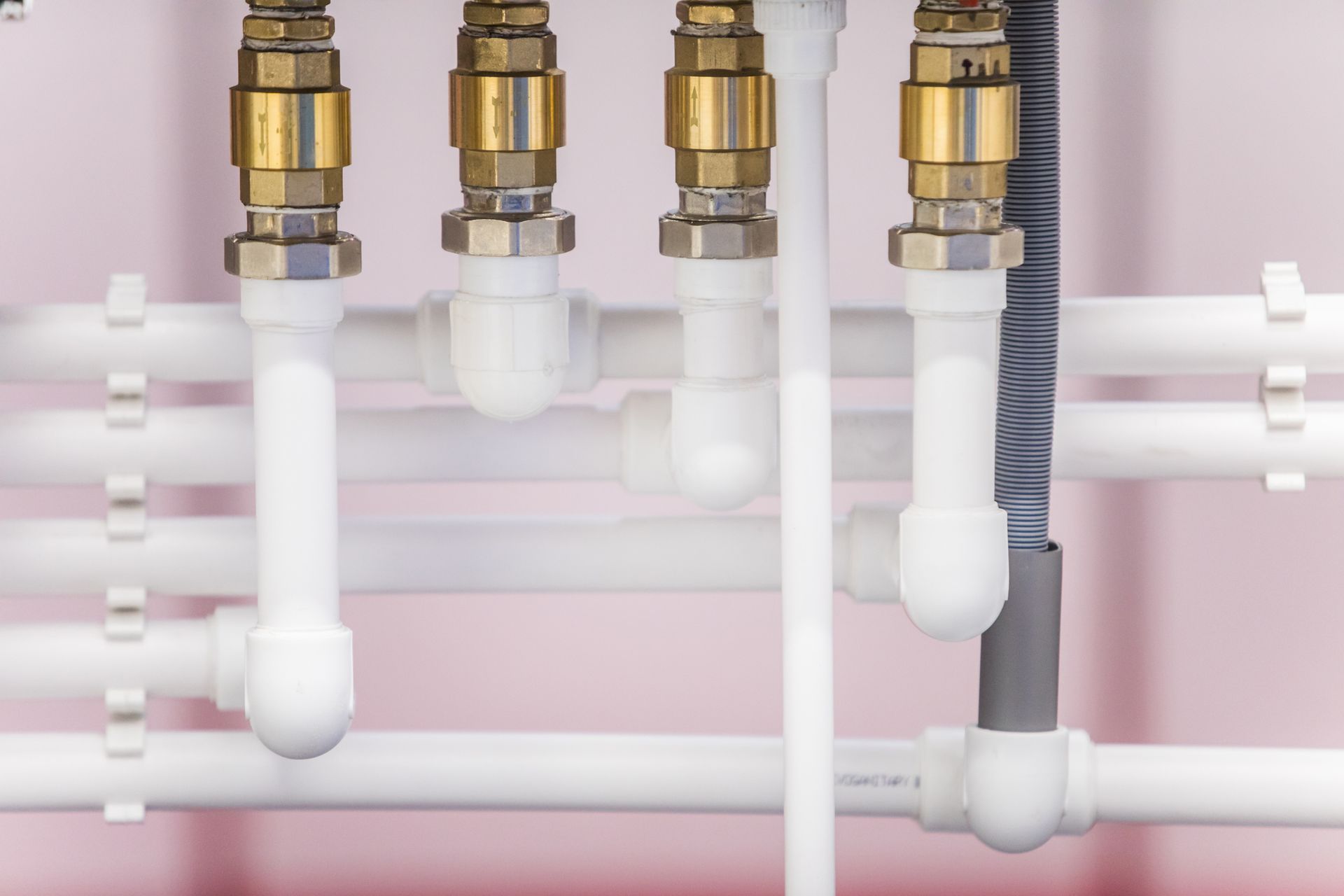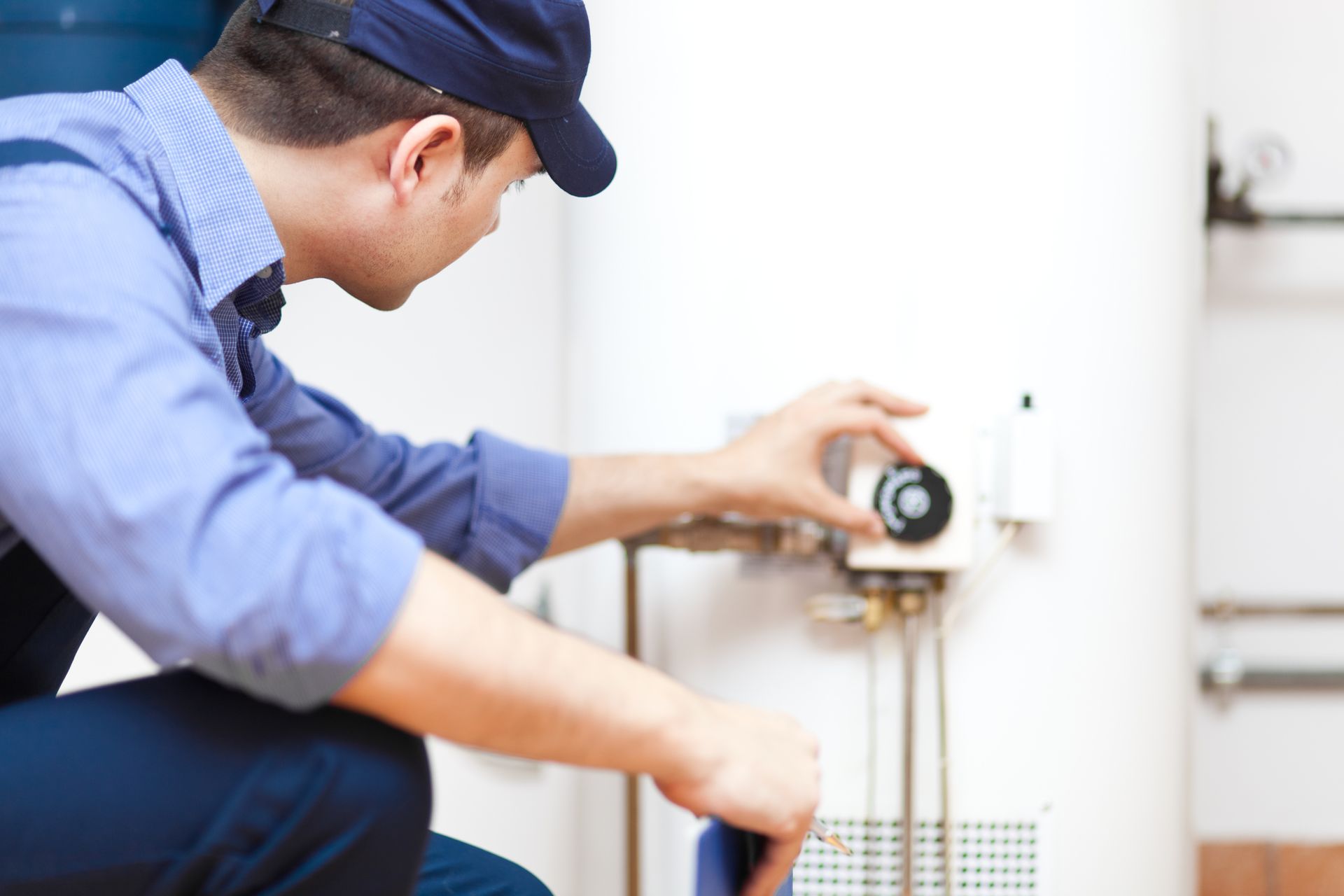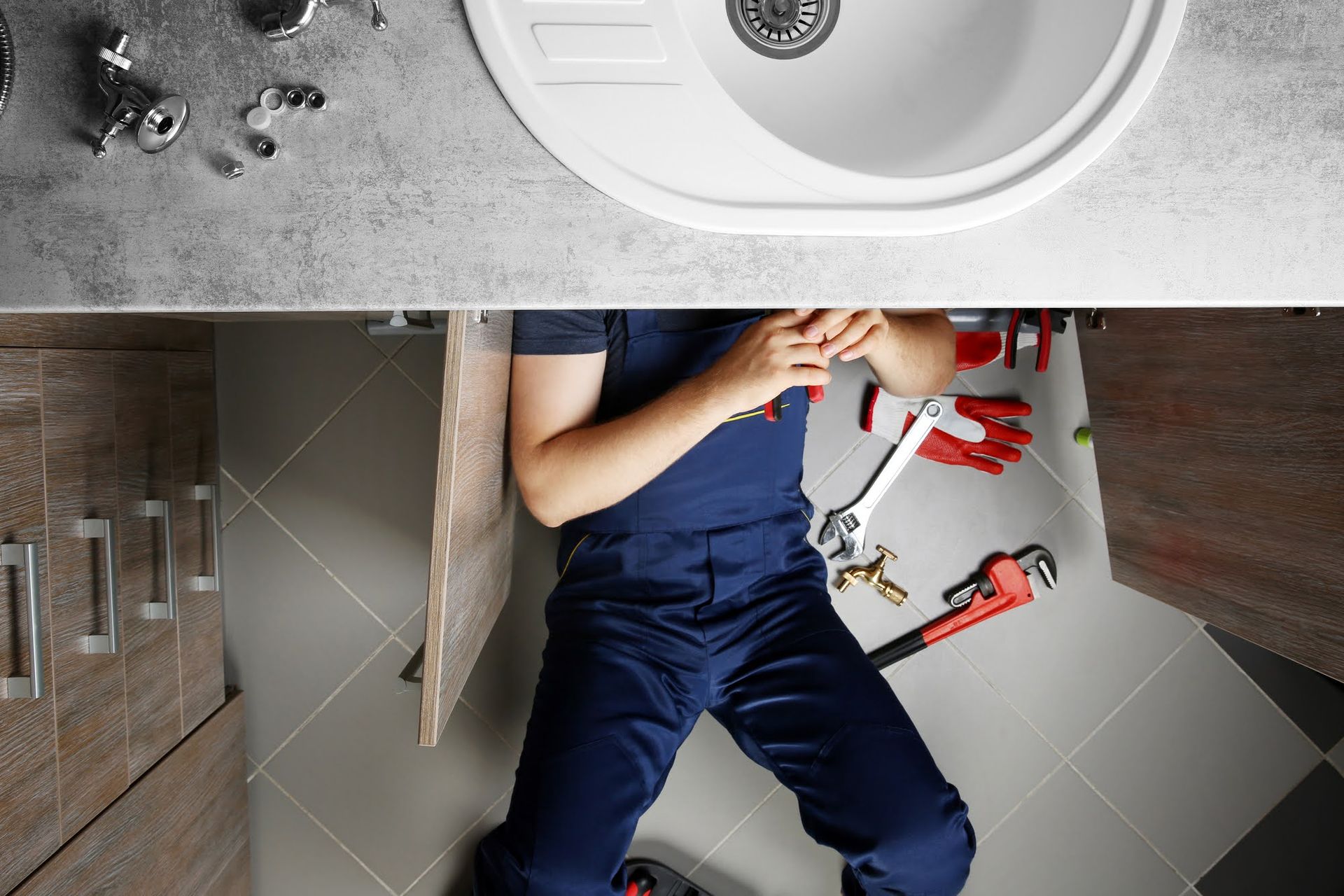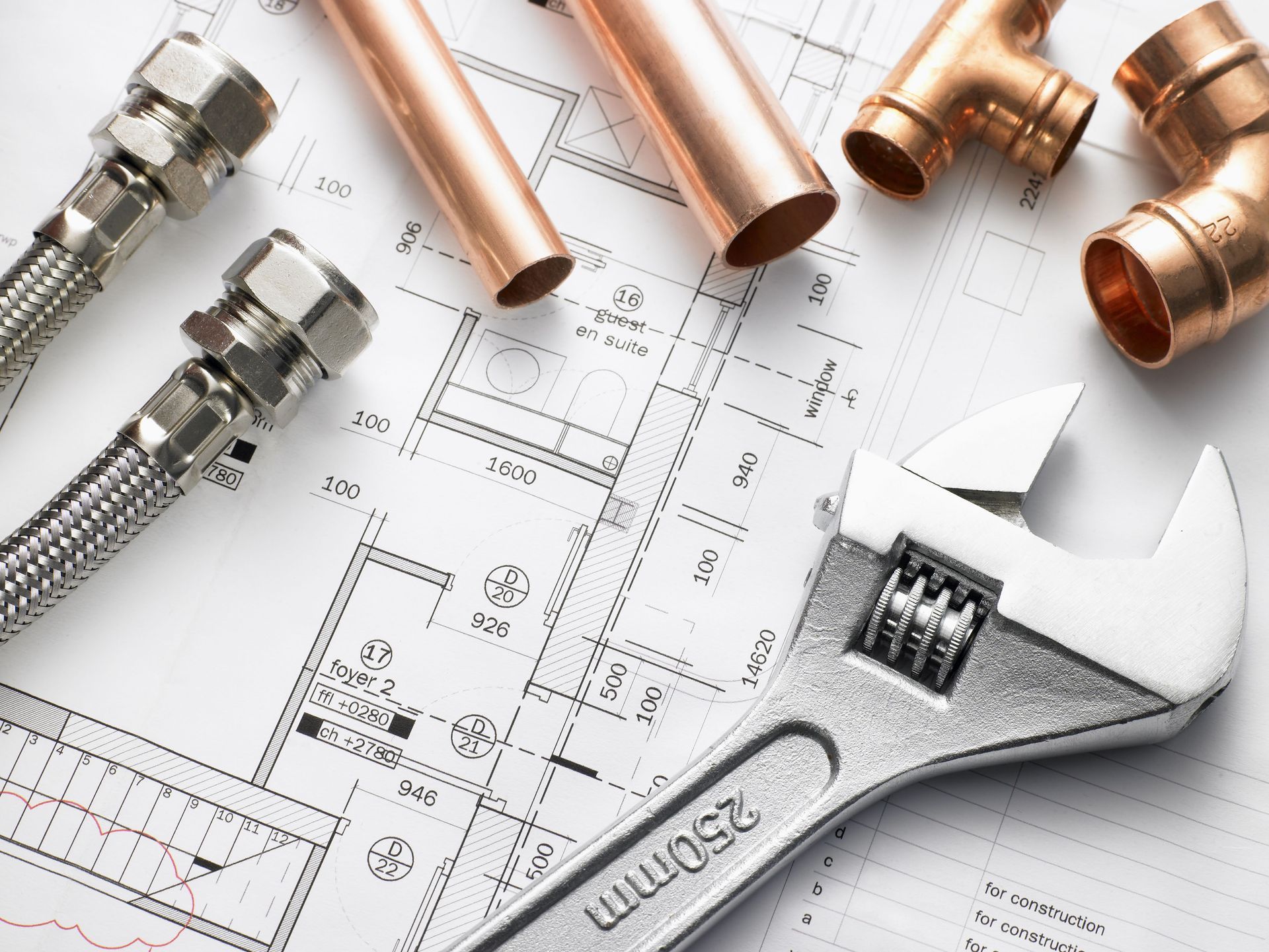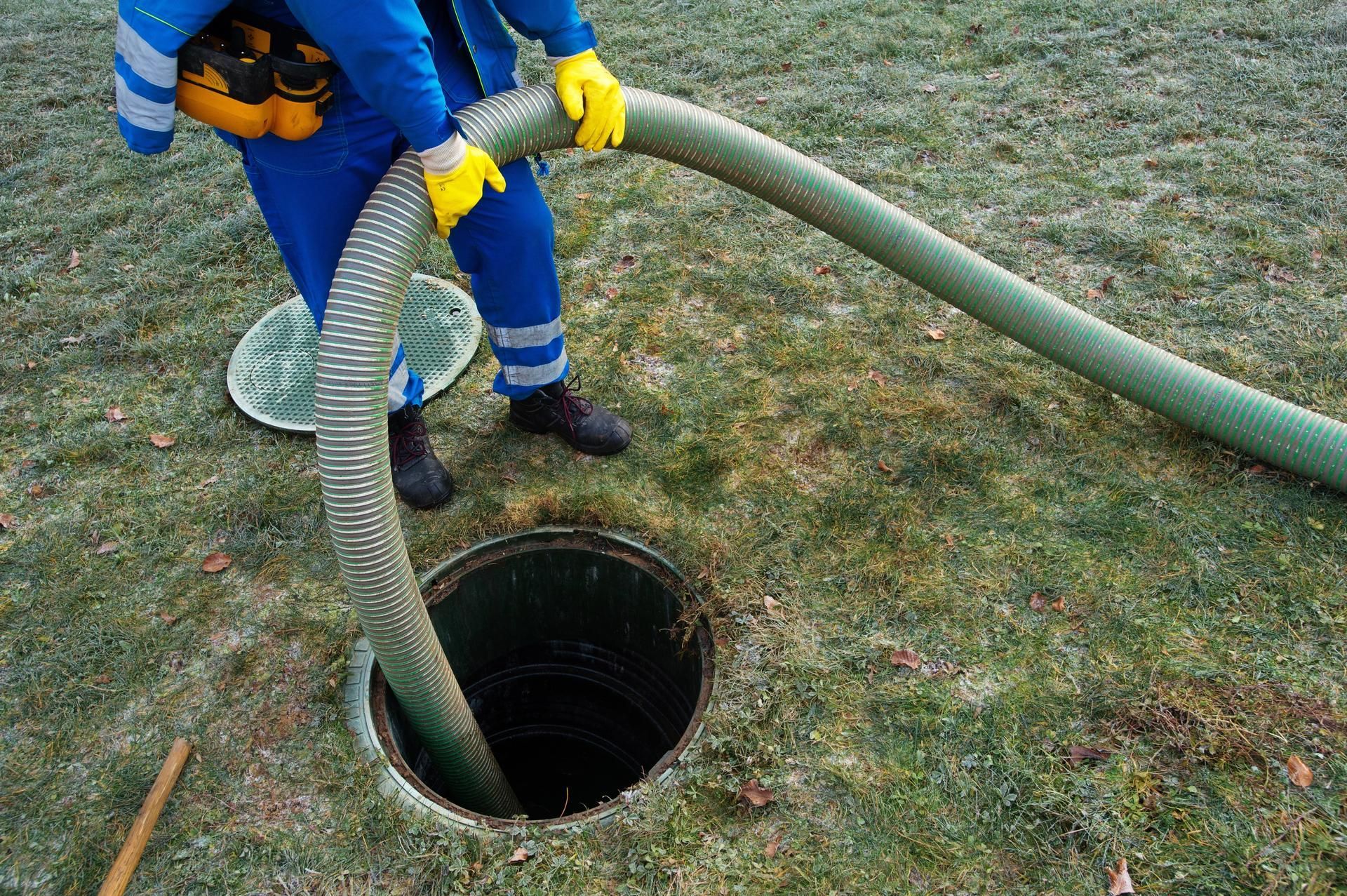Frequently Asked Questions About Ejector Pumps
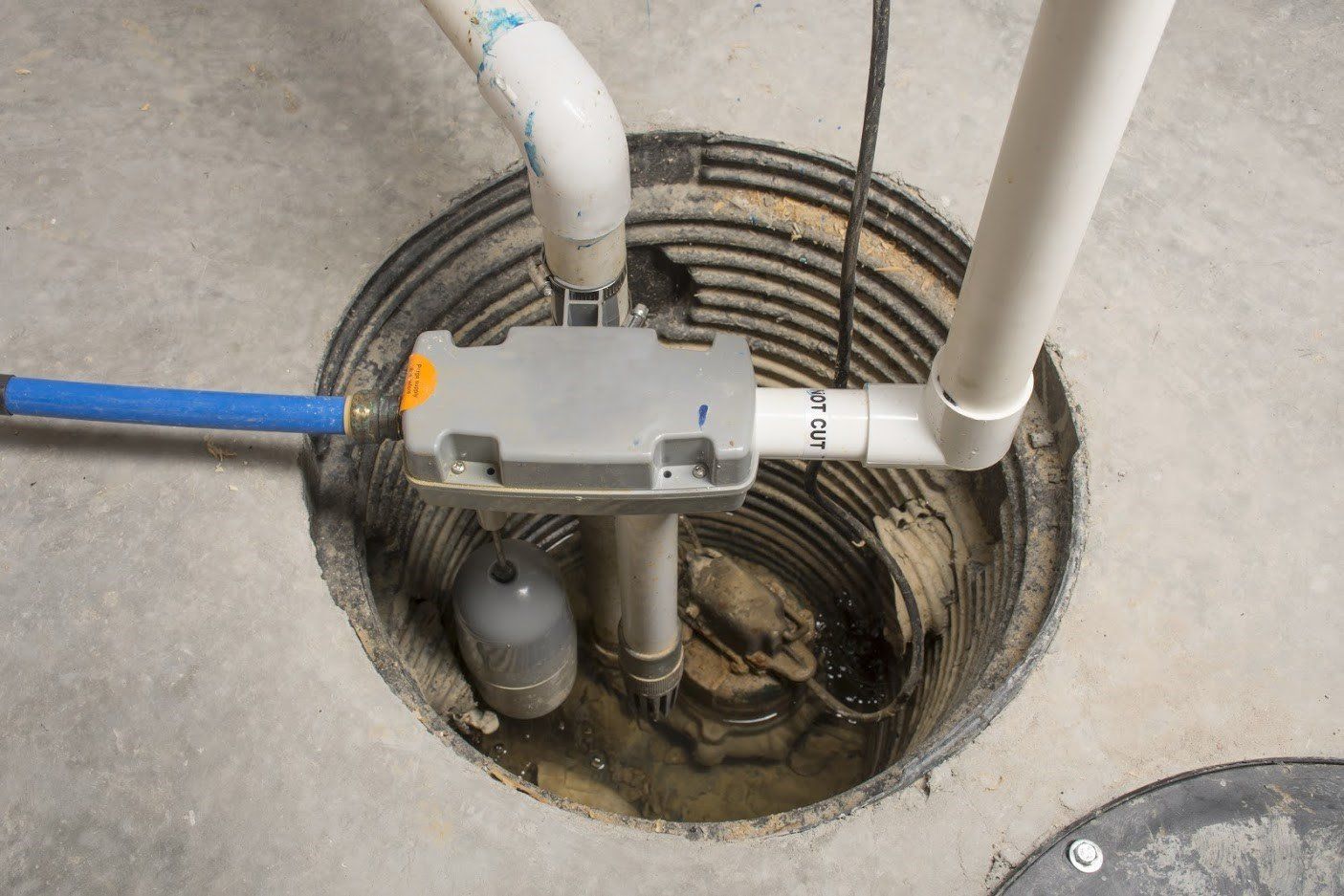
Throughout history, plumbing and water management systems have relied largely on gravity to do their work, with sewage running down trenches and into larger bodies of water. However, this method has its limitations, especially for homes that must drain wastewater from a position below ground level.
Thankfully, modern pump technology has solved that challenge. If your plumbing pipes must send wastewater upward instead of downward, then you need (or already have) an ejector pump system on the premises. To pump up your understanding of this system, take a look at the answers to these frequently asked questions.
What Does an Ejector Pump Do?
A standard ejector pump system pushes water upward and out of the home, not unlike a sump pump. However, unlike a sump pump dedicated to the removal of rainwater, the ejector pump focuses on the removal of sewage water from areas built below the elevation of an attached sewage system or septic drain field.
In addition to the pump itself, an ejector pump system also includes an air vent (to equalize pressure) a float, an inlet, an outlet, and a holding tank to receive the waste. If the waste must travel a long distance to the sewer main or drain field, you'll also want an ejector pump equipped with a grinder.
The electrically-powered system may operate either manually or automatically. In an automatic system, the rising water triggers a float switch, which signals the grinder to chop up any solid waste for easier movement through the system. The pumped waste then moves through the outlet pipe to the tank.
What Kinds of Problems Can Affect Ejector Pump Performance?
Like any mechanical system, an ejector pump can develop problems that affect its performance. Pump components can get clogged or contaminated, the motor or bearings can fail, surface runoff can fill the system with debris, or the pump may stop receiving electrical power for some reason.
Float switches sometimes fail over time. When a float switch can no longer react to rising water levels, it cannot tell the pump to push the water through the system. As a result, the water keeps rising until the pump overflows, potentially sending sewage in the wrong direction.
When Should You Suspect an Ejector Pump Problem?
You'll know right away whether you have an ejector pump problem if your system comes with an attached alarm. When this alarm sounds, it means that something has disrupted the system's normal function. Turn off the alarm and make sure everyone in the home knows not to use any water until your plumber has made repairs.
Otherwise, you may notice that the water in your ejector pump system either runs constantly or doesn't run at all. Both of these quirks indicate that you need to get your system checked. A high water level in the tank may mean a blockage, or it may just signal a temporary issue due to unusually heavy wastewater influx.
Ejector pump systems typically provide less than 20 years
of optimal service before they simply wear out. If your system has neared the end of its natural lifespan, you may want to preemptively replace it before it has a chance to fail on you.
How Do Plumbing Experts Deal With Ejector Pump Issues?
Plumbing experts can check every element of an ejector pump based on its particular trouble symptoms, including the sounding of its alarm. Your technician may try toggling a float switch that seems to have failed, check to make sure that the pump receives power, and look for clogs or mechanical damage.
The ejector pump itself should function for many years without any special need for service. However, if internal components have sustained corrosion, premature wear, or outright failure, your technician may need to replace the damaged components, add fresh oil to the motor, or replace the entire pump.
What Can You Do to Keep Your Ejector Pump in Good Shape?
If you want to avoid future ejector pump problems, place strict limits on what you and your loved ones dump into this system. Don't force an ejector pump system with a grinder to process condoms, dental floss, metal plastic, gravel, baby wipes, cotton, sanitary napkins, or rubber gloves, among other foreign objects.
Try to keep grease, lard, cooking oil, and other oily substances out of your ejector pump system. These substances can accumulate inside the tank and reduce its waste-handling capacity. Additionally, cleaning products or other corrosive chemicals can damage the working parts of the grinder, so dispose of these substances elsewhere.
Schedule periodic inspections and maintenance service for your ejector pump, no matter how smoothly it currently functions. Your plumbing technician can identify any parts that might need replacement, repair, or upgrades. Have accumulated grease or other waste cleaned out of the tank every few years.
Michigan Plumbing can address all your ejector pump issues, from common problems to installation and service. Contact us today with any additional questions you may have.

